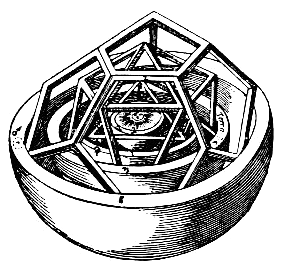
Many branches of mathematics study objects of a given type and prove a classification theorem. A common theme is that the classification results in a number of series of objects and a finite number of exceptions — often with desirable properties — that do not fit into any series. These are known as exceptional objects. In many cases, these exceptional objects play a further and important role in the subject. Furthermore, the exceptional objects in one branch of mathematics often relate to the exceptional objects in others.[1][2][3]
A related phenomenon is exceptional isomorphism, when two series are in general different, but agree for some small values. For example, spin groups in low dimensions are isomorphic to other classical Lie groups.[4]
- ^ Stillwell, John (1998). "Exceptional Objects". The American Mathematical Monthly. 105 (9): 850–858. doi:10.2307/2589218. JSTOR 2589218.
- ^ He, Yang-Hui; McKay, John (25 May 2015). "Sporadic and Exceptional". arXiv:1505.06742 [math.AG].
- ^ Joyce, Helen (1 January 2005). "Ubiquitous octonions". Plus Magazine. Retrieved 2017-08-06.
- ^ "exceptional isomorphism in nLab". ncatlab.org. Retrieved 2019-11-29.